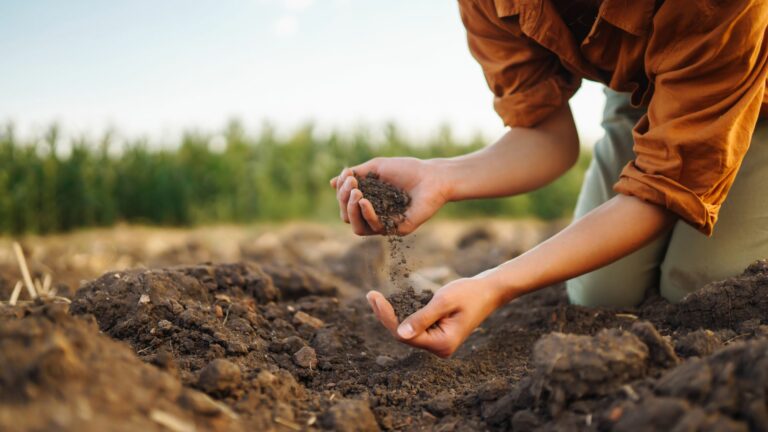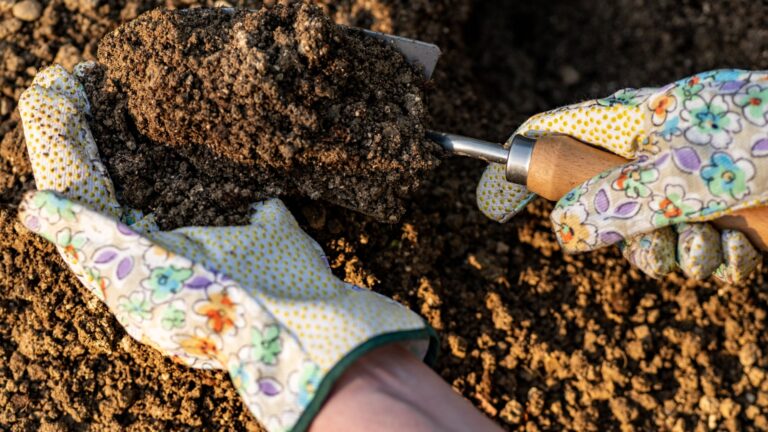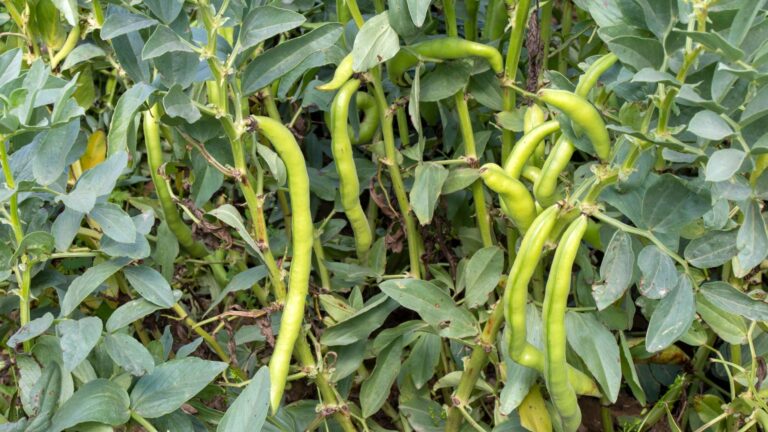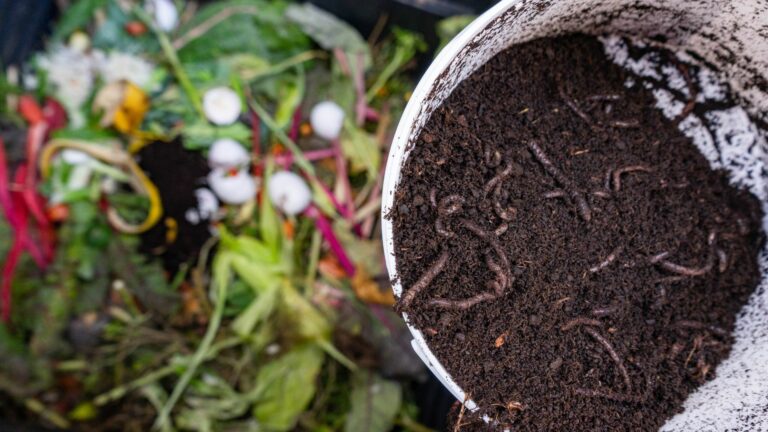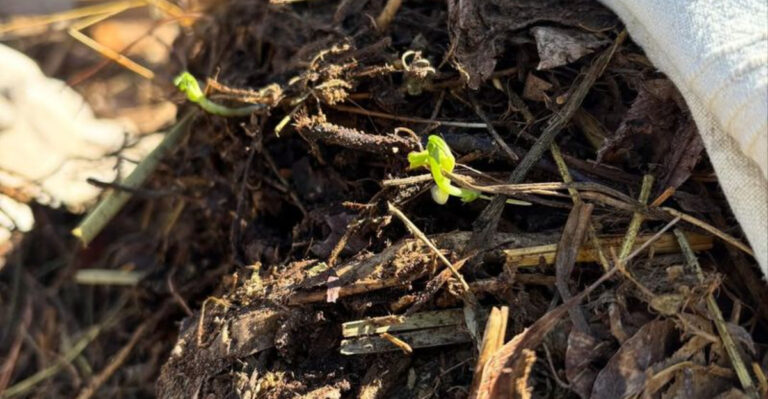15 Superfast Composting Methods For Arizona Gardeners
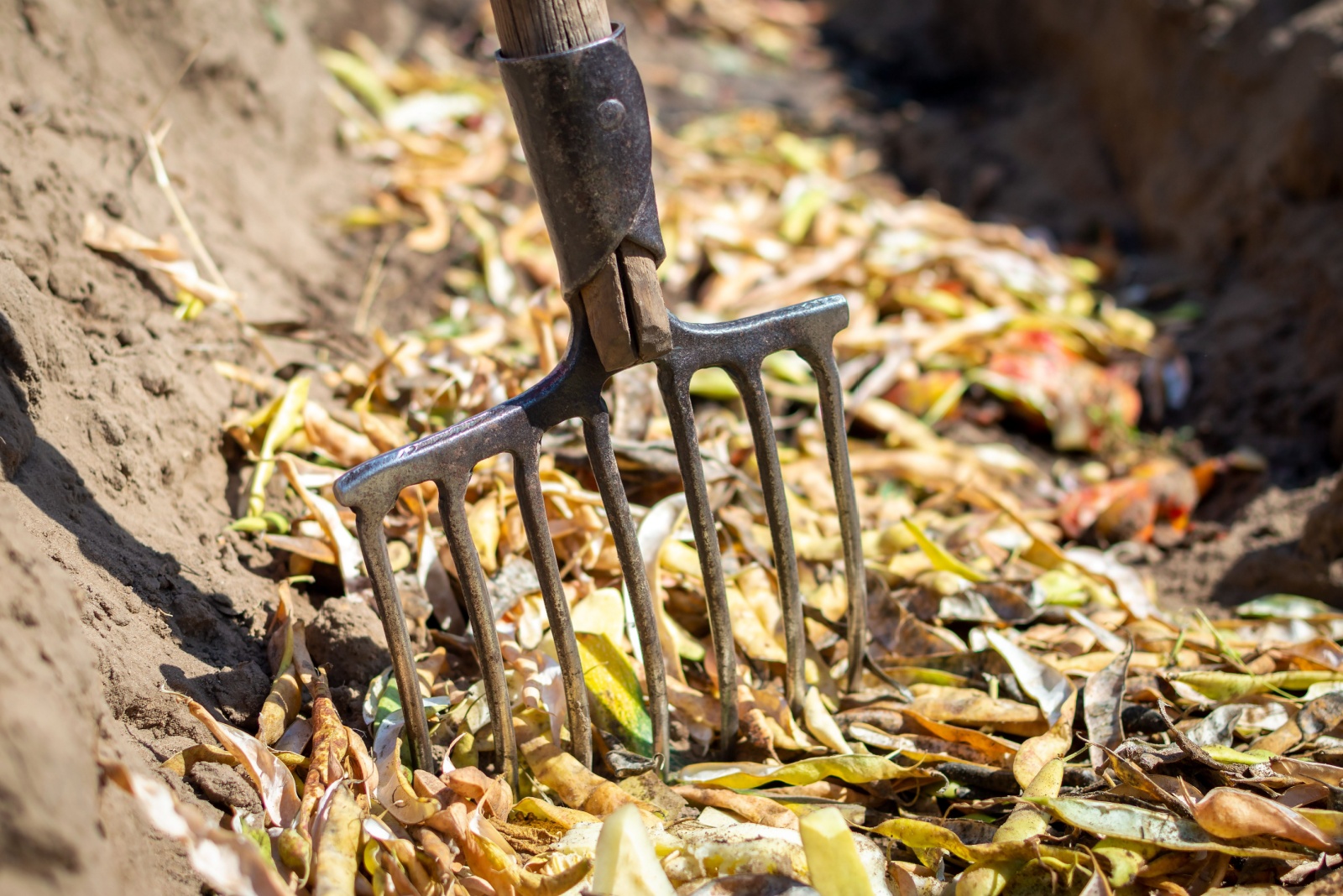
Creating compost in Arizona’s hot, dry climate can be tricky, but it doesn’t have to take forever. Fast composting methods help desert gardeners turn kitchen scraps and yard waste into garden gold quickly.
With these speedy techniques, you’ll build healthy soil and grow better plants without waiting months for results.
1. Trench Composting
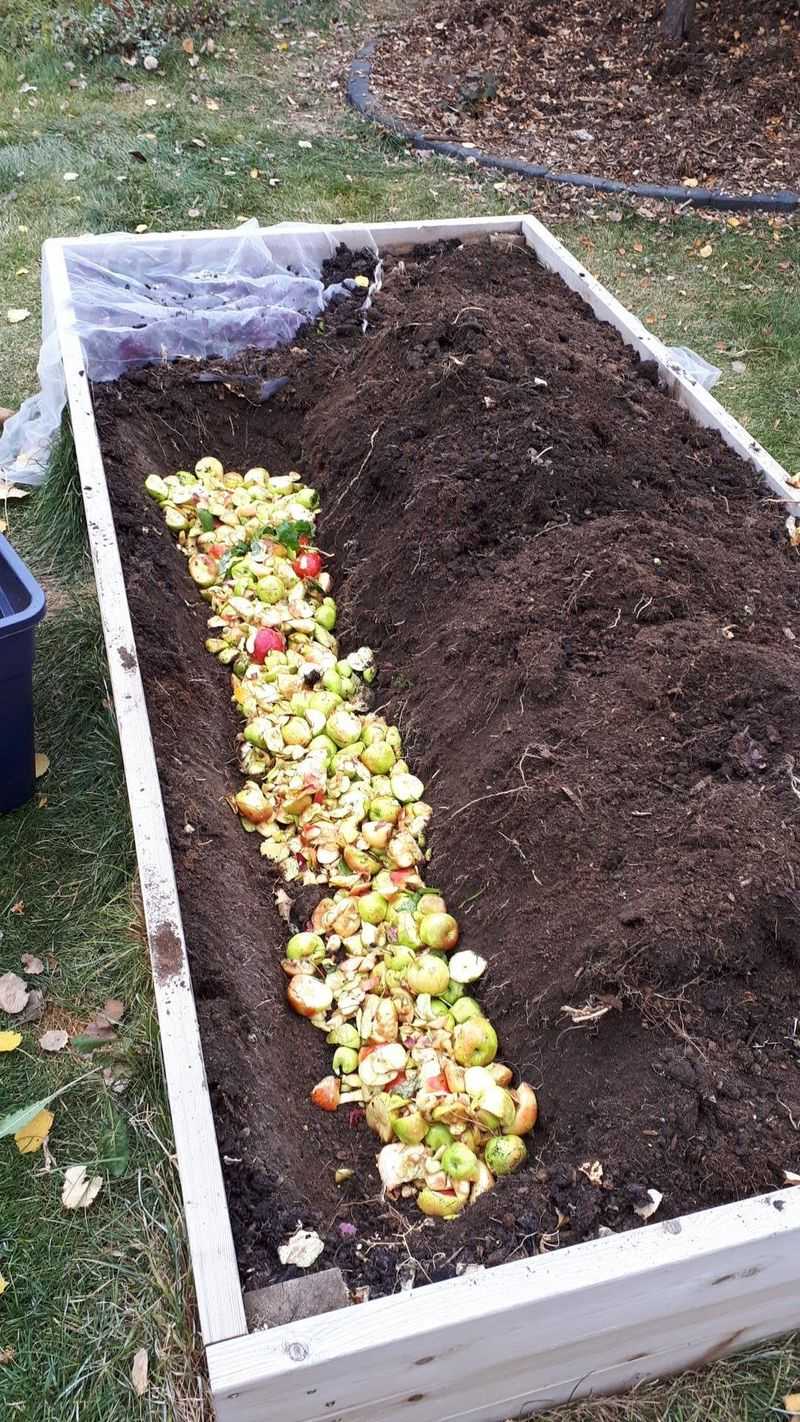
Dig a 12-inch deep trench between garden rows and bury kitchen scraps directly where plants will grow. The desert soil’s microorganisms immediately start breaking down materials, delivering nutrients exactly where needed.
No turning required! Just dig, drop, and cover with soil. This method works year-round in Arizona and prevents the moisture loss that happens with above-ground methods.
2. Bokashi Fermentation
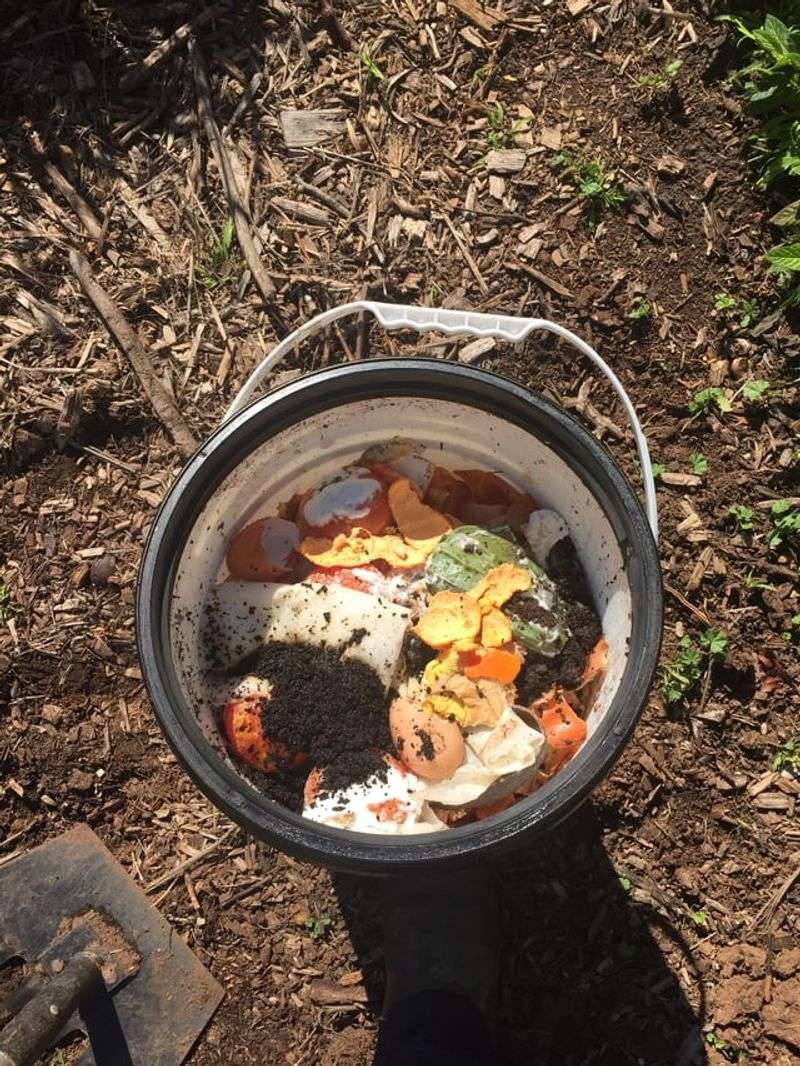
Ferment kitchen waste (including meat and dairy) in an airtight bucket with special bokashi bran. The anaerobic process pickles scraps in just 2 weeks instead of months! Perfect for small spaces and apartments.
After fermenting, bury the pre-composted material in your garden where it finishes breaking down rapidly. The Arizona heat speeds up this final stage tremendously.
3. Vermiculture With Native Worms
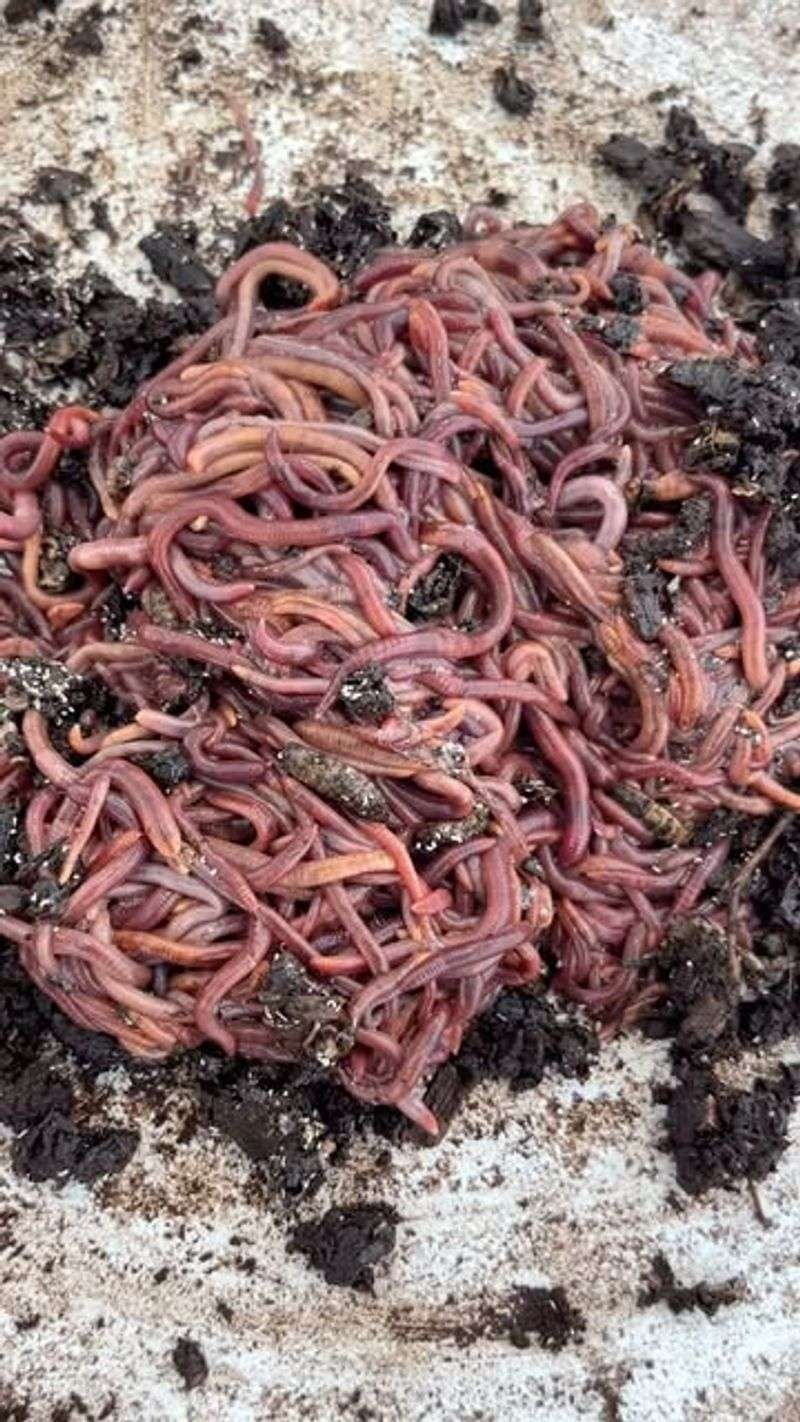
Red wigglers struggle in Arizona heat, but native desert worms thrive! Set up a simple bin with local worms and watch them devour kitchen scraps at remarkable speeds.
Keep the bin in shade and maintain moisture with occasional misting. These tough desert decomposers produce rich castings in weeks rather than months, even during summer’s brutal temperatures.
4. Solar Composting
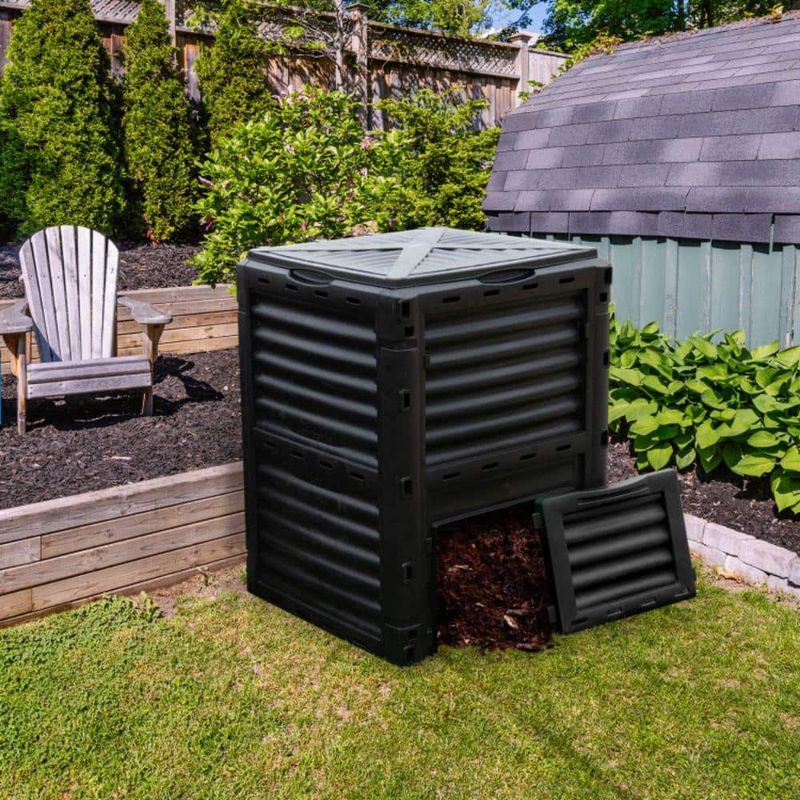
Harness Arizona’s abundant sunshine with a black plastic compost bin. The container absorbs heat, creating internal temperatures that can exceed 140°F – perfect for rapid decomposition!
Materials break down in days rather than weeks. Position your bin where it receives maximum sunshine and add water more frequently than normal to compensate for evaporation. The desert sun becomes your composting superpower!
5. Coffee Ground Speed Boost
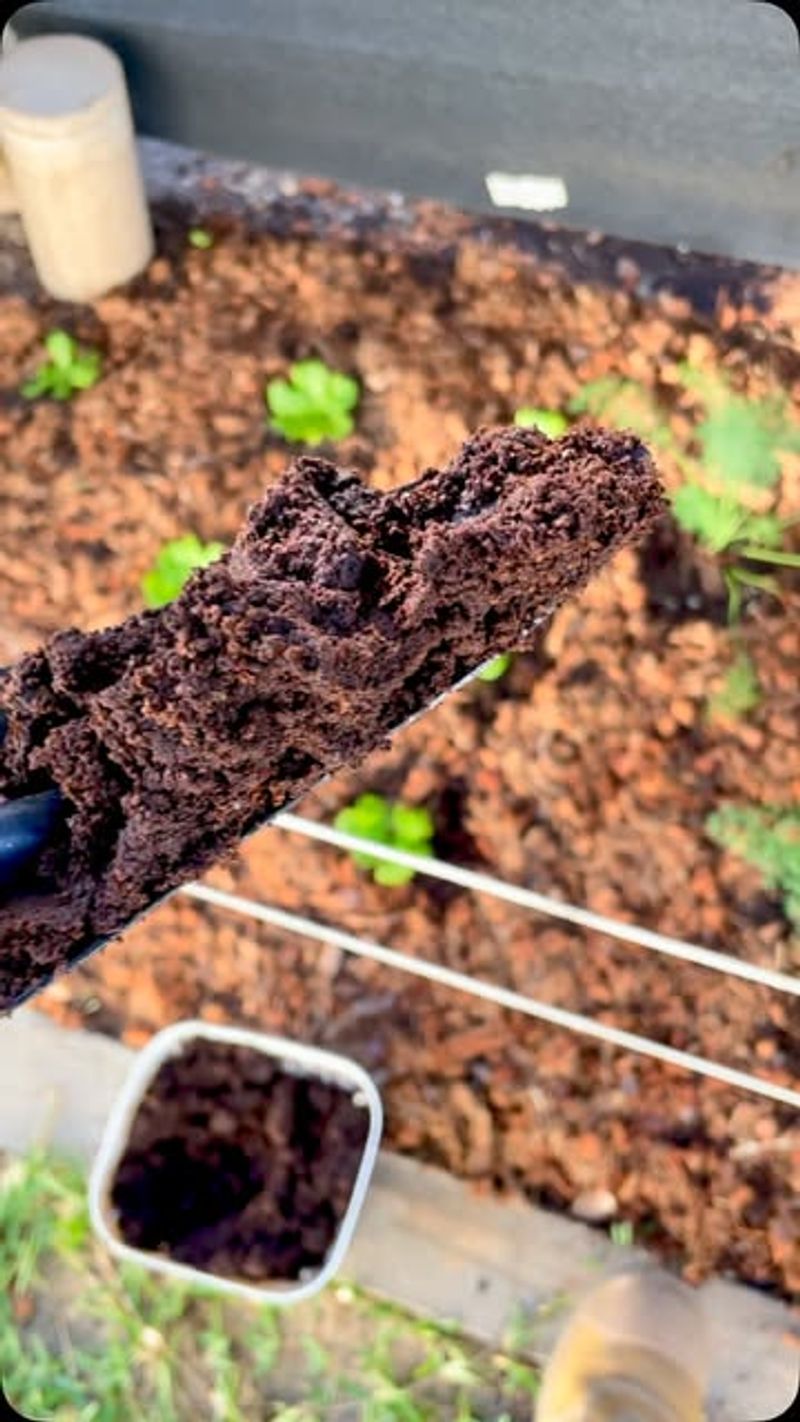
Coffee grounds jump-start decomposition in Arizona compost piles. Their nitrogen content and natural acidity activate beneficial bacteria even in alkaline desert soils.
Partner with local coffee shops for free grounds! Mix one part grounds with three parts dry brown materials like leaves or shredded newspaper. The fine particle size of grounds means they break down quickly while helping other materials decompose faster too.
6. Blender Pre-Processing
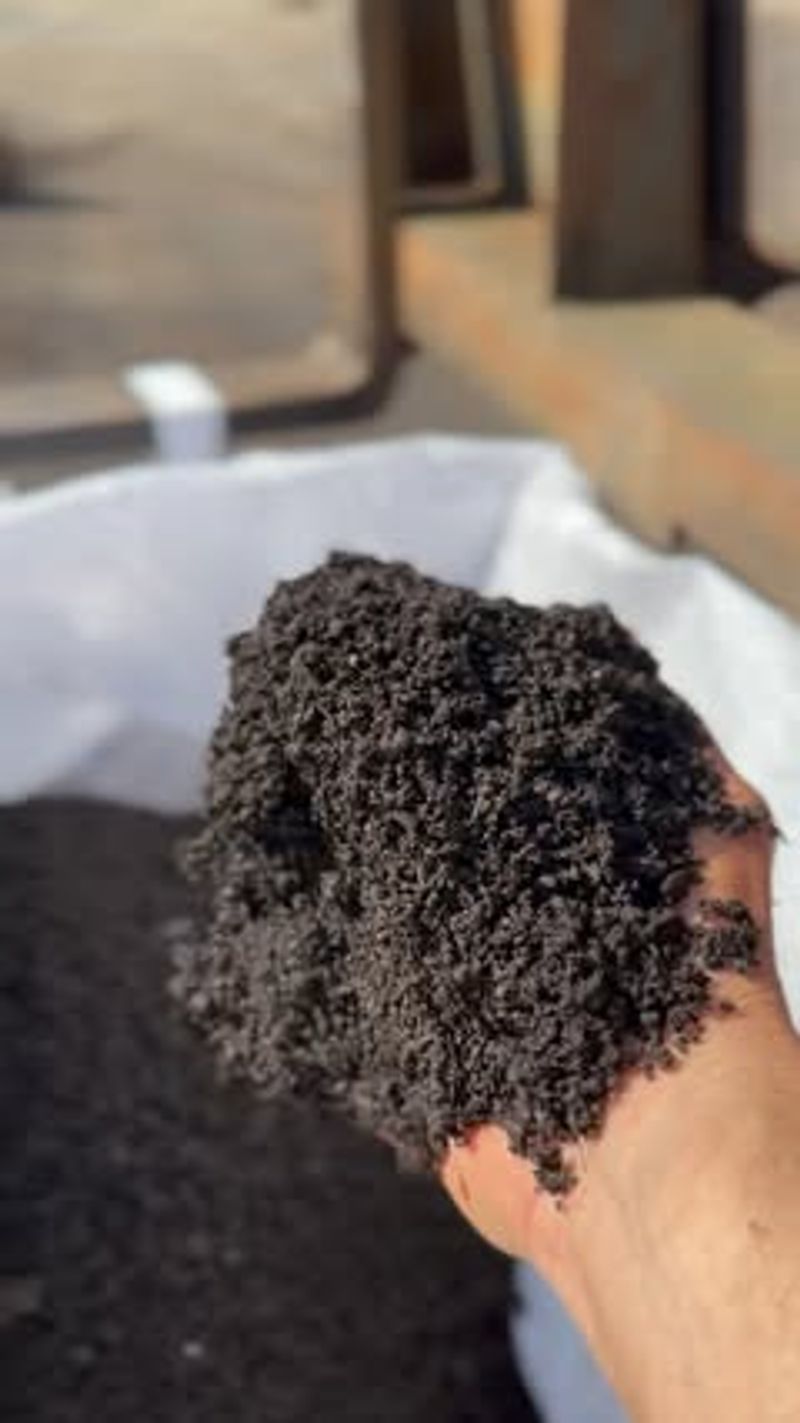
Chop kitchen scraps into tiny pieces using an old blender with added water. Smaller particles decompose lightning-fast in Arizona’s heat because microbes have more surface area to attack.
Pour this nutrient slurry directly around plants or add to your compost pile as an activator. The liquified organic matter begins feeding your soil immediately while the solid bits break down within days instead of weeks.
7. Compost Tea Brewing
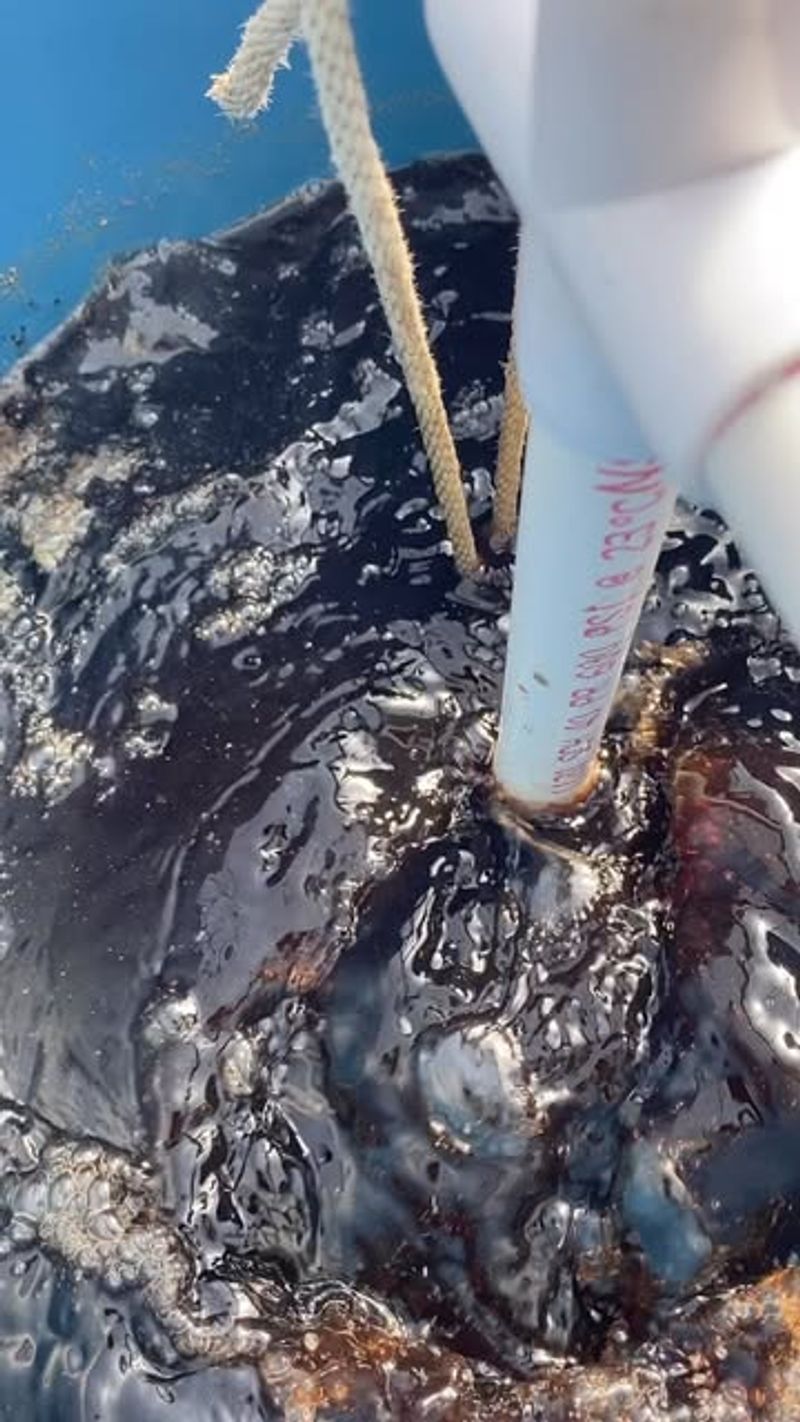
Steep finished compost in water for 24-48 hours with an aquarium bubbler to create powerful liquid fertilizer. The desert sun heats the brewing container naturally, accelerating the extraction process.
Spray directly on plants or soil for immediate nutrient delivery. In Arizona’s sandy soils, this liquid gold helps retain moisture while feeding beneficial microbes that improve soil structure faster than dry applications.
8. Mesquite Pod Powerhouse
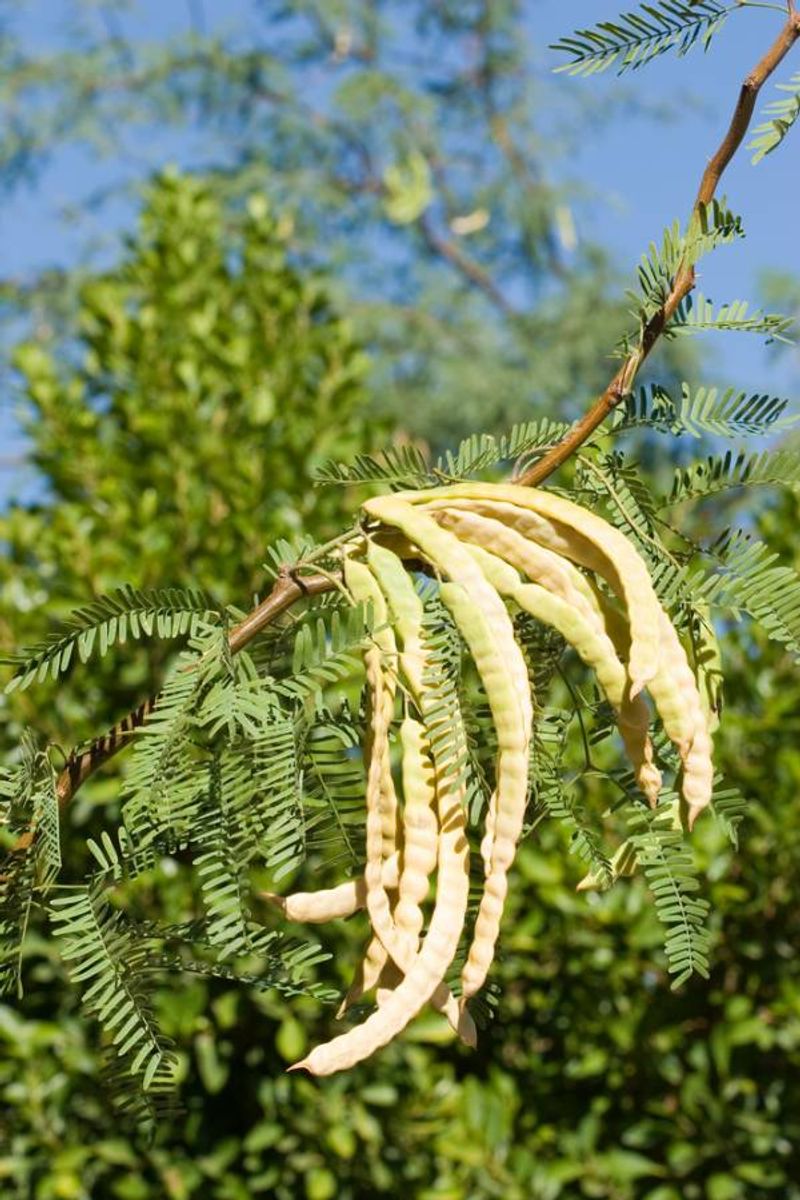
Mesquite pods – abundant across Arizona – contain natural sugars that supercharge compost piles. Collect and crush these native tree pods to add carbon-rich material that microbes absolutely love.
Mix with green materials at a 2:1 ratio. The pods’ unique composition accelerates decomposition while adding desert-adapted nutrients to your finished compost. What falls from your trees becomes garden gold in record time!
9. Microbe-Boosted Compost
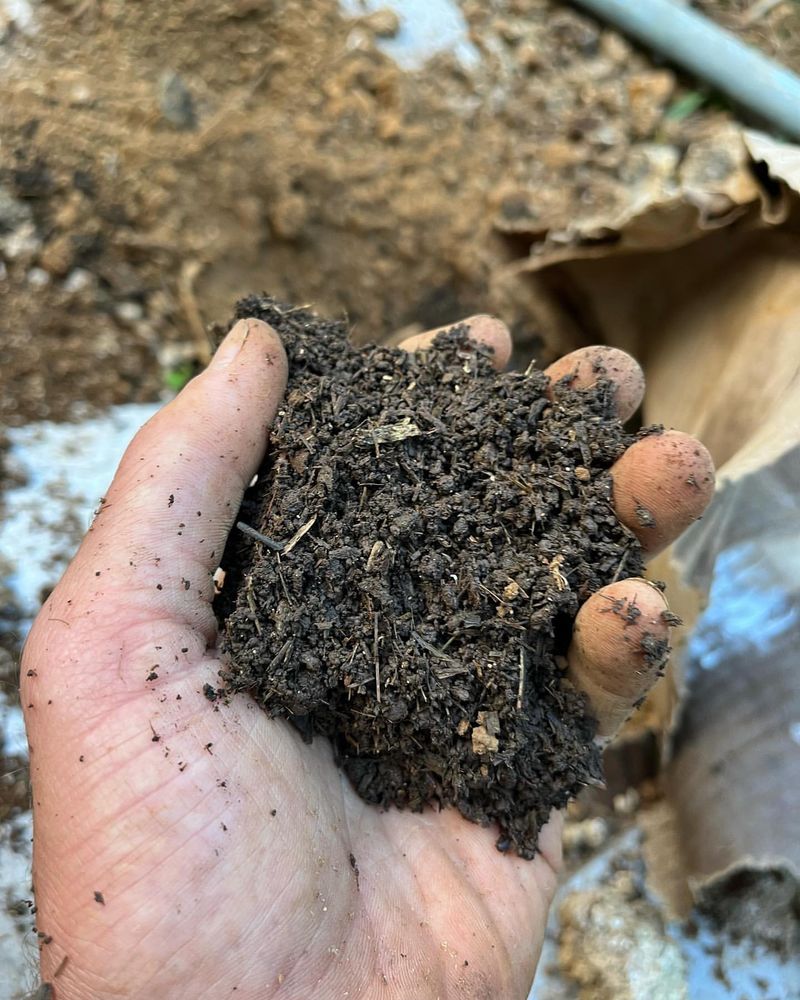
Purchase desert-specific compost accelerator containing bacteria adapted to Arizona’s unique conditions. These specialized microbes thrive in heat that would kill ordinary composting organisms.
Sprinkle a handful into your pile weekly with a light watering. The specialized microbe colonies multiply rapidly in our warm climate, breaking down materials in half the time of conventional composting. They’re particularly effective during monsoon season when humidity rises.
10. Sheet Composting
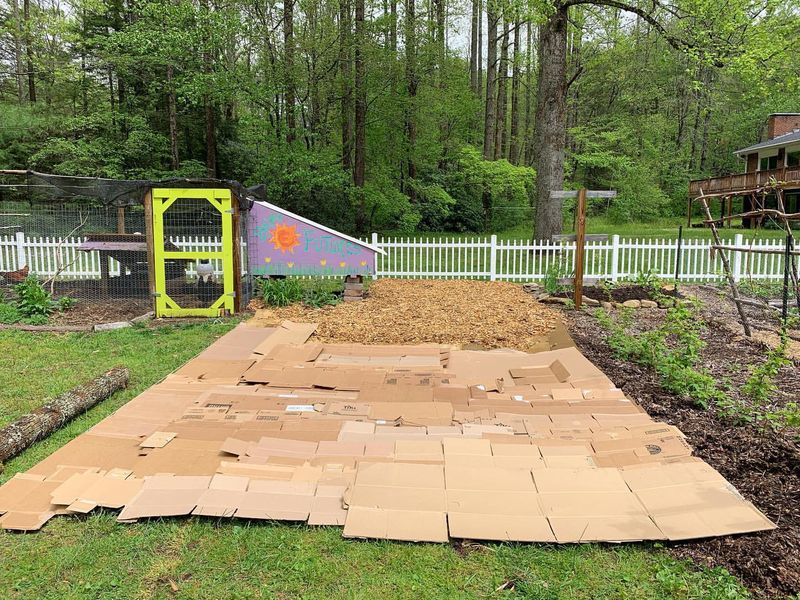
Layer organic materials directly on garden beds in thin sheets, mimicking desert floor decomposition. Start with cardboard, add green kitchen scraps, then top with leaves, grass clippings and a sprinkle of soil.
Water thoroughly and cover with mulch. The Arizona sun bakes this lasagna-style compost into rich soil within weeks. Plants can grow directly in this layered material while it continues decomposing beneath them.
11. Citrus Rind Rescue
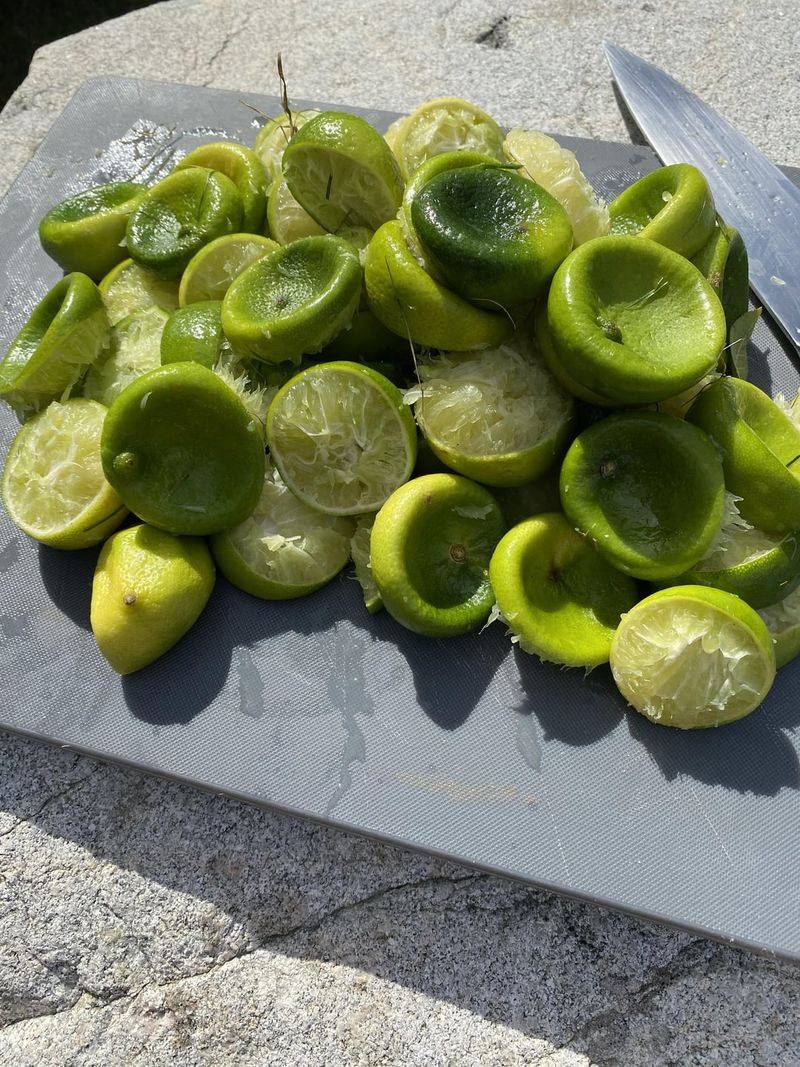
Arizona citrus rinds compost slowly in conventional piles, but this hack speeds things up dramatically! Chop rinds into 1-inch pieces and freeze overnight to break down cell walls.
After thawing, mix with wood ash from mesquite or other native woods. The ash’s alkalinity neutralizes citrus acids while adding valuable minerals. This combination transforms stubborn rinds into compost-ready material that breaks down in weeks rather than months.
12. Compost Tumbler Turbocharging
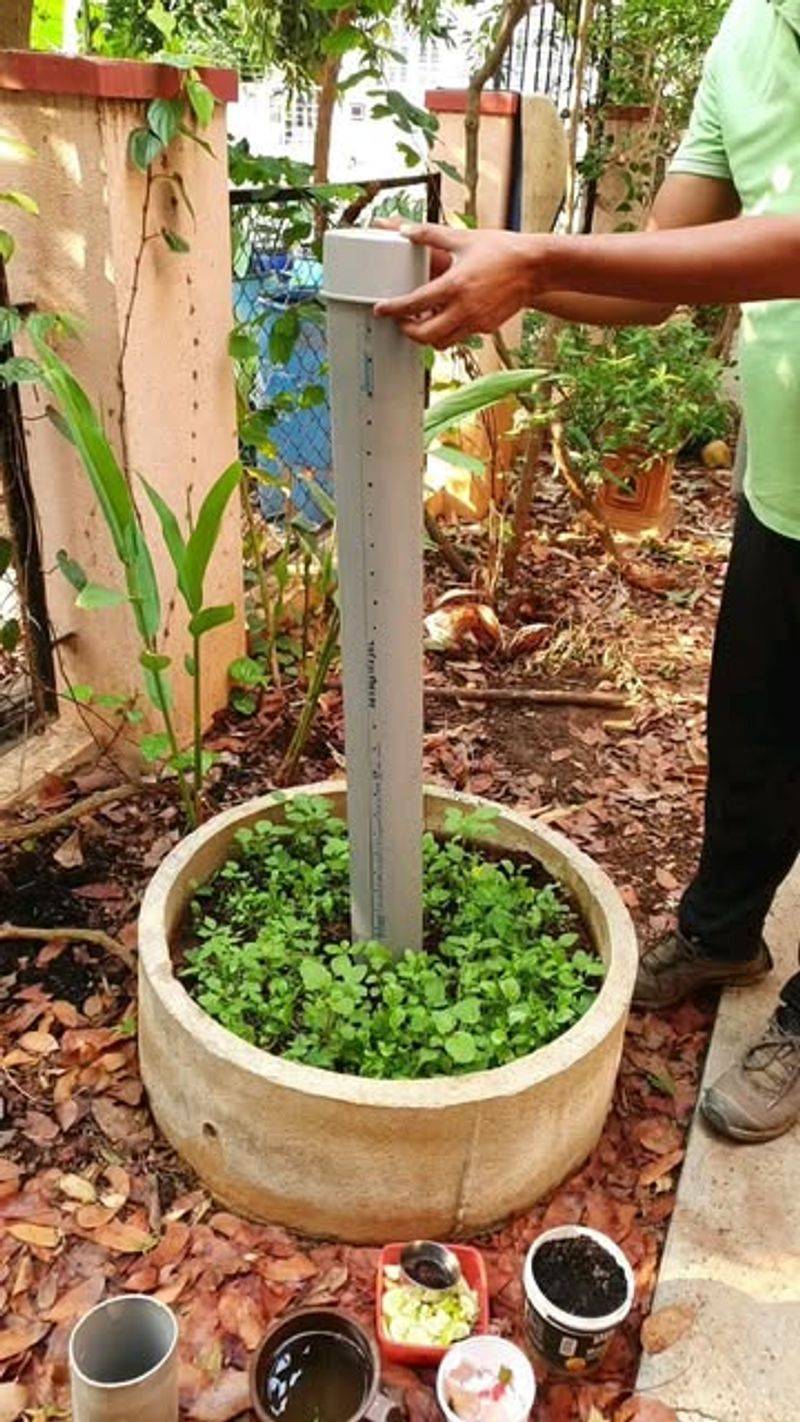
Position a compost tumbler in full Arizona sun and paint it black to maximize heat absorption. The contained environment traps moisture while temperatures soar, creating perfect conditions for rapid decomposition.
Turn it daily during summer months when temperatures inside can reach 160°F. Add a cup of finished compost as a starter culture. The combination of heat, moisture control, and frequent turning produces finished compost in as little as 14 days!
13. Monsoon Season Speed-Composting
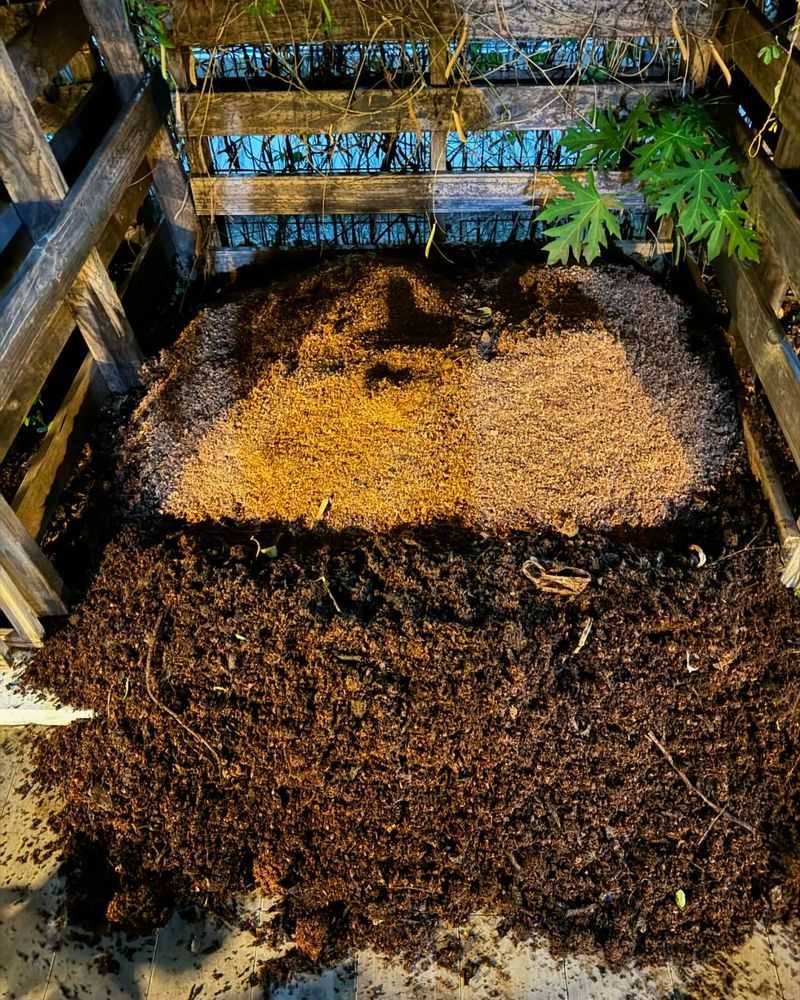
Take advantage of Arizona’s brief monsoon season for turbo-charged composting. The combination of moisture and heat creates perfect conditions for microbe activity.
Build your pile just before rains arrive, using slightly more brown materials than usual. The natural wetting and high humidity during monsoon months accelerate decomposition dramatically. What might take months in dry periods can finish in just weeks during this special season.
14. Chicken-Powered Composting
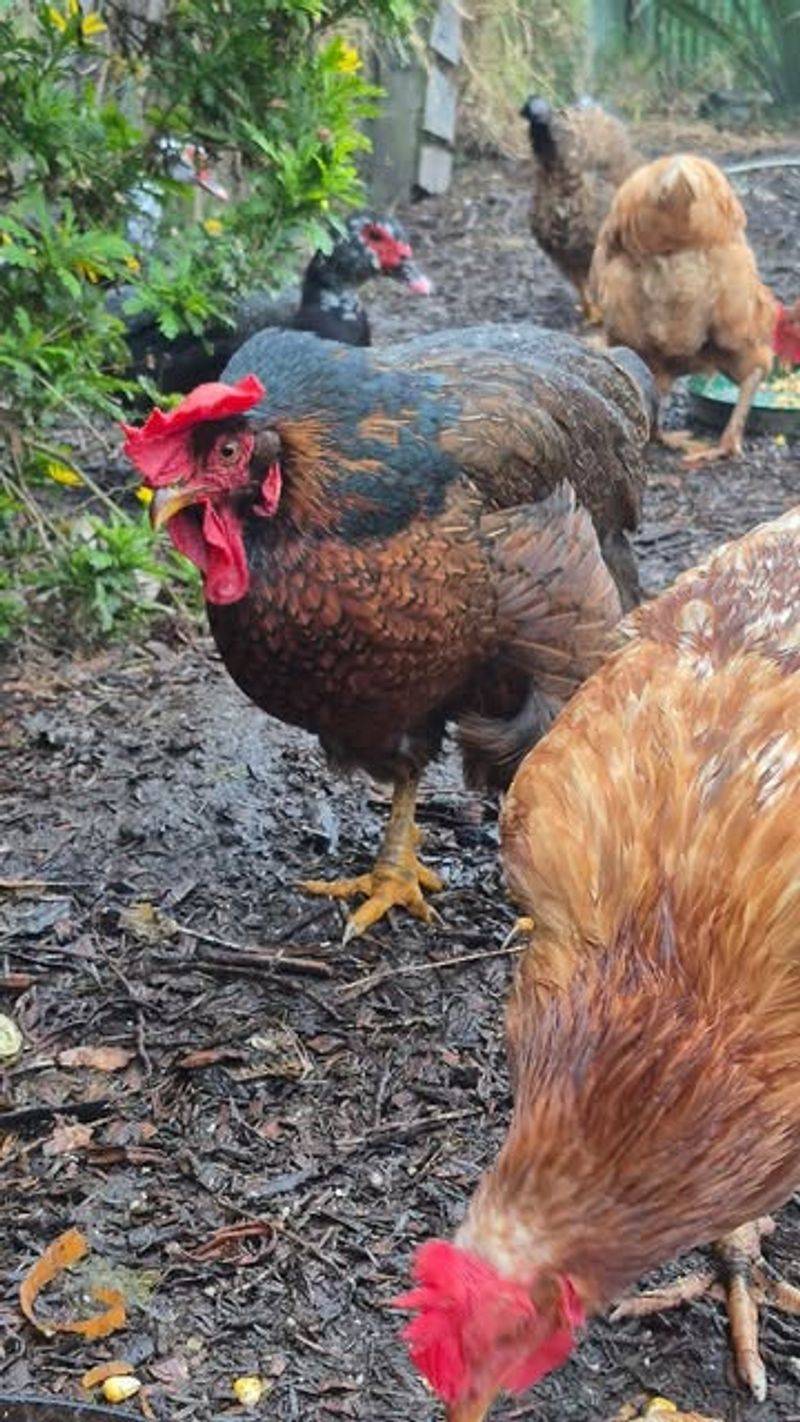
Enlist backyard chickens as composting assistants! Their constant scratching, pecking and manure-adding accelerates breakdown while they hunt for bugs and seeds.
Create a three-bin system where chickens access one section at a time. Their activity turns the pile naturally while adding nitrogen-rich droppings. The heat-loving microbes in chicken manure work remarkably fast in Arizona’s climate, producing finished compost in 4-6 weeks.
15. Desert-Adapted Soldier Fly Larvae
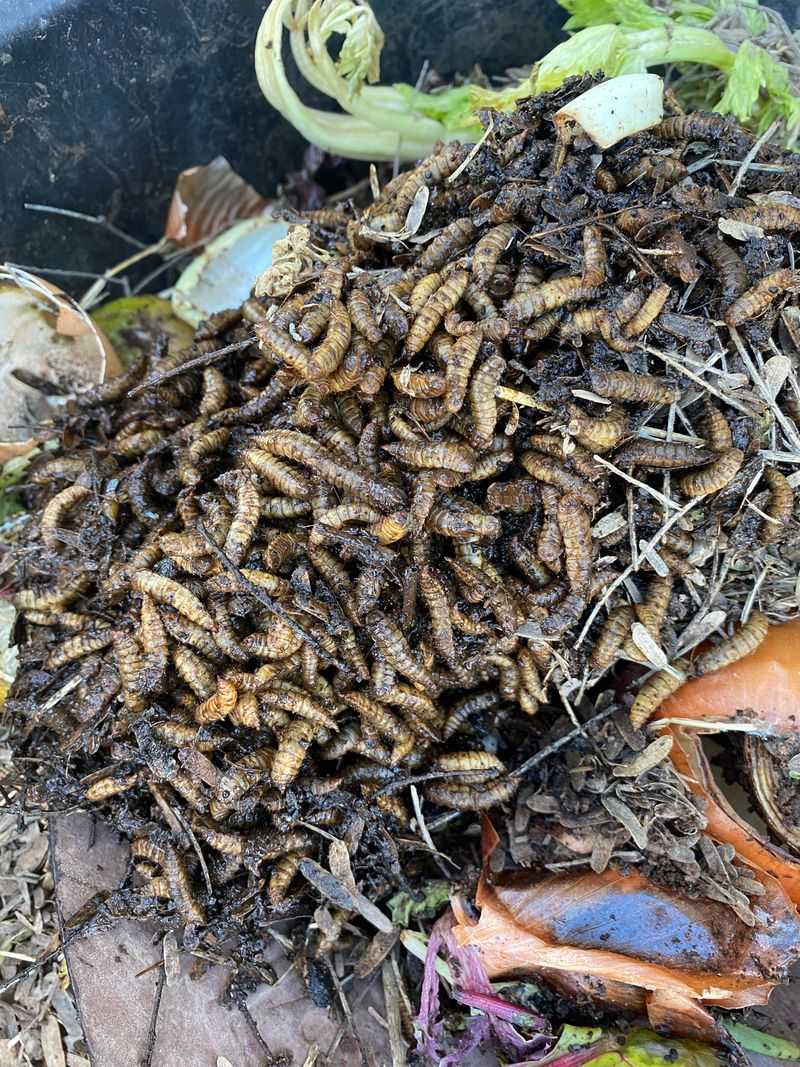
Black soldier fly larvae devour food waste with astonishing speed, thriving in Arizona’s heat when other composters struggle. These protein-packed decomposers consume waste 2-3 times faster than worms!
Set up a simple bin with drainage and air holes. The larvae naturally appear when conditions are right. They transform kitchen scraps into rich fertilizer while producing valuable larvae that make excellent chicken feed – creating a perfect homestead recycling system.

